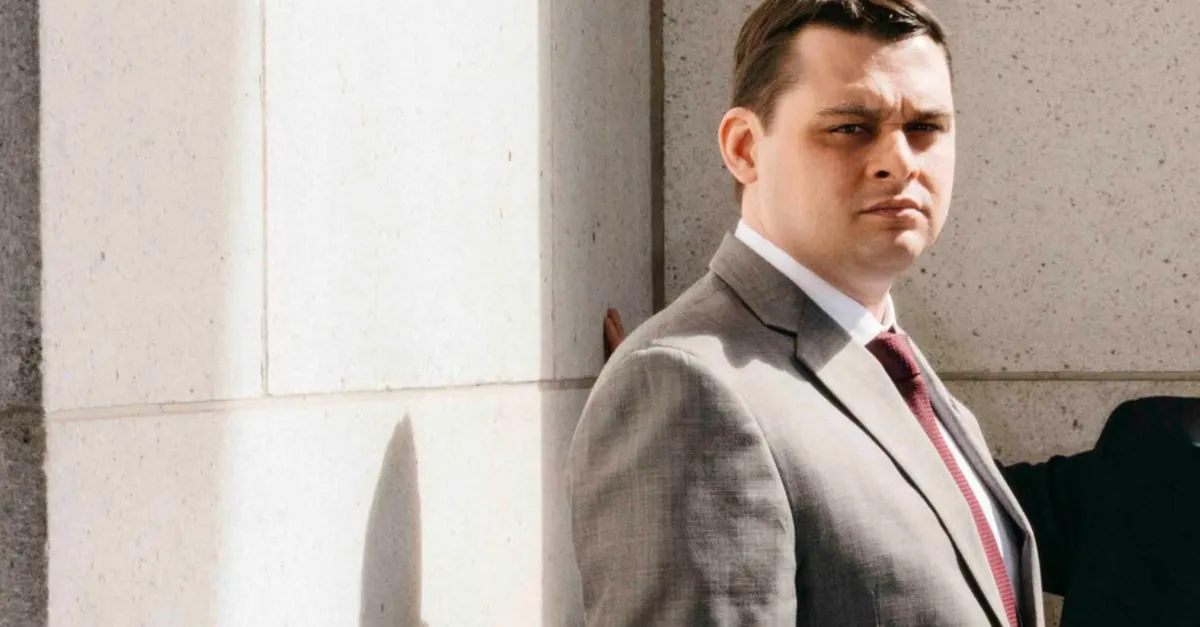
A top adviser to Defense Secretary Pete Hegseth, Dan Caldwell, was escorted from the Pentagon on Tuesday as part of an ongoing investigation into an unauthorized disclosure of sensitive information, according to a U.S. defense official. The official, who spoke on the condition of anonymity, confirmed that Caldwell has been placed on administrative leave during this investigation.
Since joining the Pentagon with Secretary Hegseth in January, Caldwell has played a significant role, accompanying the defense secretary to meetings with key foreign leaders. Notably, Caldwell was identified as Hegseth’s representative to the White House in a Signal text chain, which was first disclosed by The Atlantic last month, as preparations were made to launch strikes in Yemen. His advisory role extended to various critical matters concerning U.S. military operations across the globe.
The investigation into Caldwell’s actions and his subsequent removal from the Pentagon was previously reported by Reuters. This scrutiny comes at a time when the Trump administration and the Pentagon have ramped up efforts to address unauthorized disclosures of national security information. In March, Joe Kasper, Hegseth’s chief of staff, initiated an investigation into these leaks and indicated that the Pentagon might start administering polygraphs to senior officials.
Dan Caldwell, a Marine Corps veteran who served in Iraq, has expressed significant doubts about the Iraq War, describing it as a “monstrous crime” in an interview with The Financial Times in December 2024. His long-standing relationship with Hegseth dates back over a decade to their time at Concerned Veterans for America, a conservative organization advocating for reforms in the Department of Veterans Affairs.
Caldwell’s previous work at Defense Priorities, a think tank that promotes a more restrained U.S. foreign policy, highlights his skepticism towards American engagement in the Middle East and support for Ukraine. His viewpoints have sparked considerable debate within the Republican Party, which remains fractured between those advocating for a reduction of U.S. military commitments abroad and traditionalists who believe in the necessity of American power for global stability.
As the investigation continues, it remains to be seen how these developments will affect not only Caldwell’s career but also broader discussions about U.S. military policy and national security protocols.